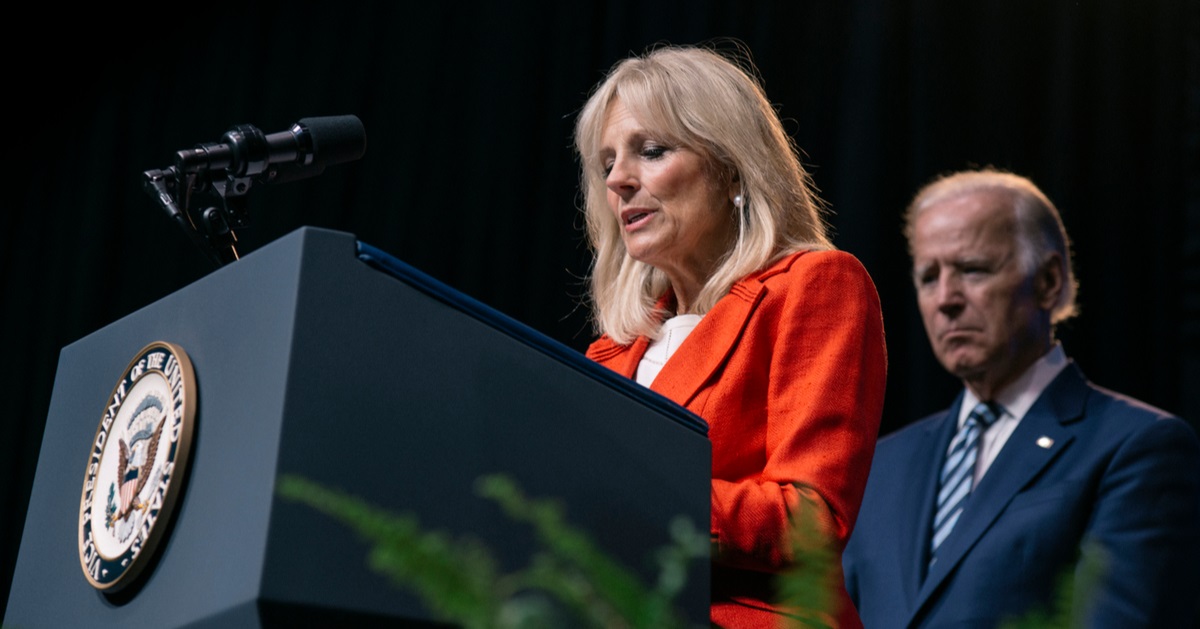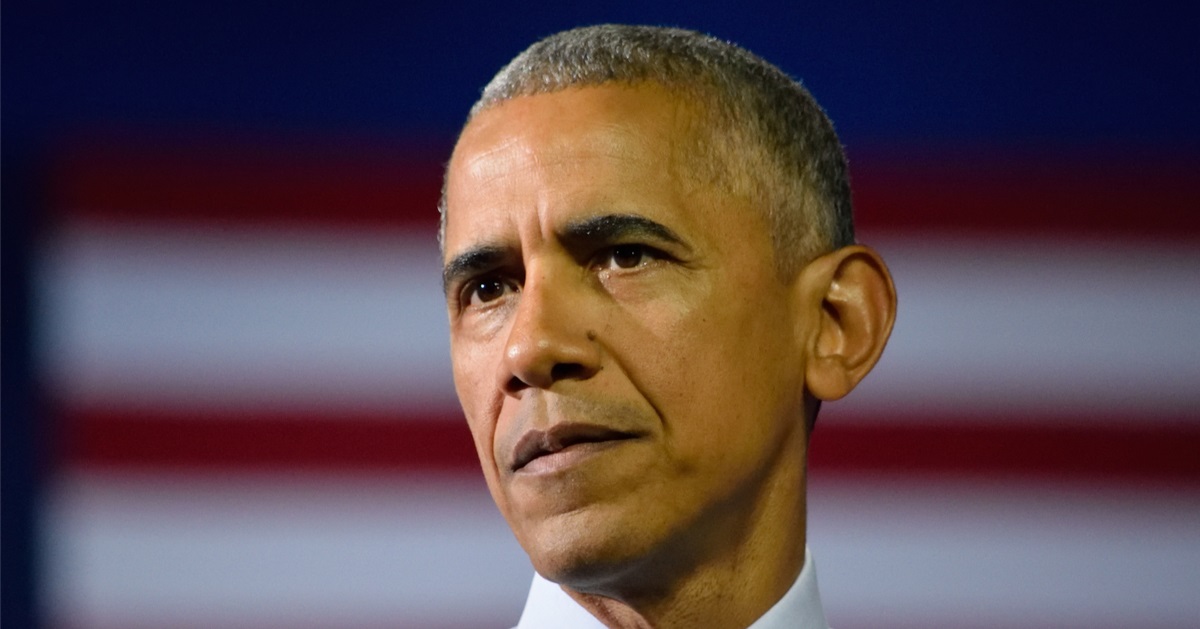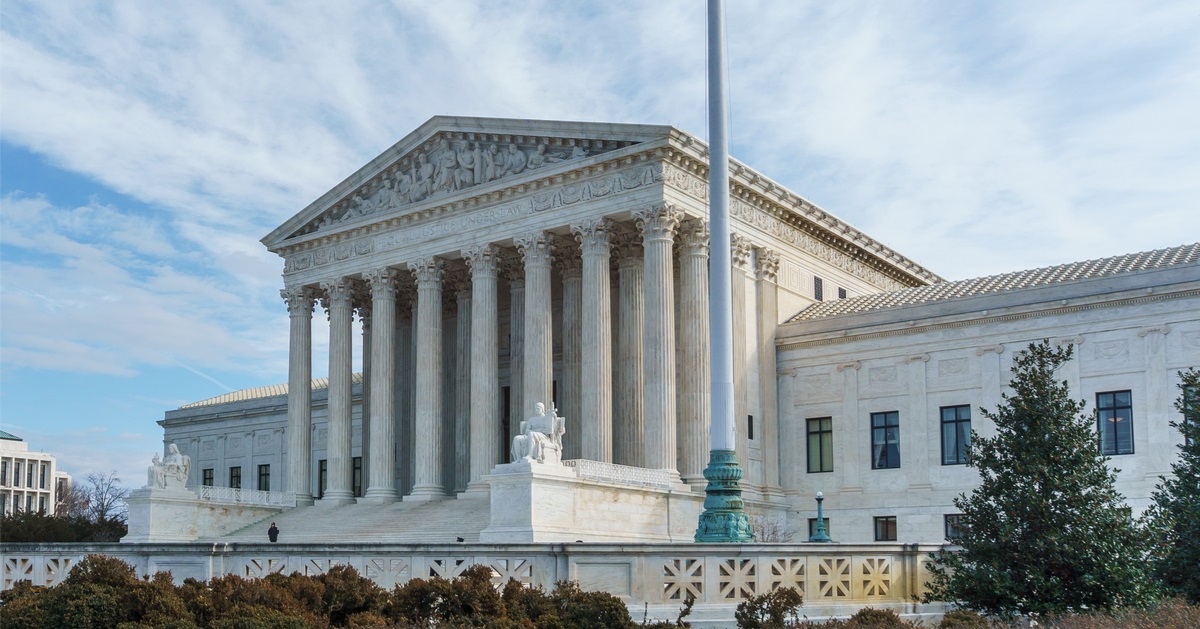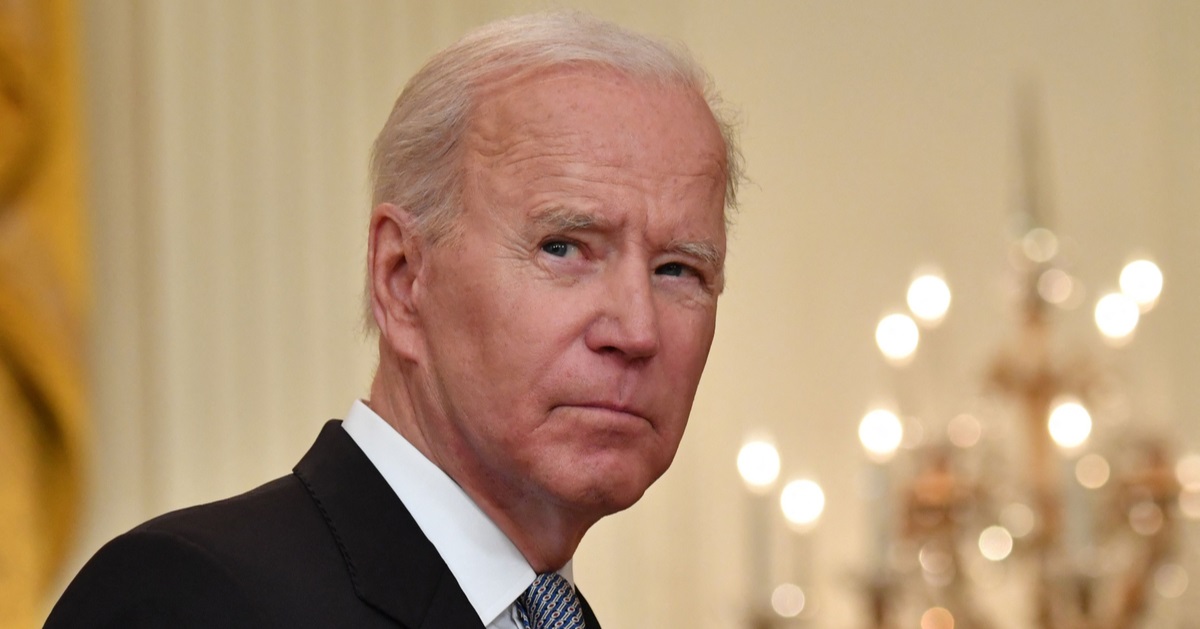SCOTUS oral arguments reveal deep skepticism about states removing Trump as insurrectionist
The oral arguments before the Supreme Court about Colorado's decision to remove former President Donald Trump from the ballot on Thursday revealed that the justices are deeply troubled about the idea of states removing a candidate for being an "insurrectionist."
The rationale the Colorado Supreme Court used was taken from the 14th Amendment to the U.S. Constitution, which was added after the Civil War and bars participants in an insurrection from holding elected office.
One argument explored by Justices Brett Kavanaugh and Clarence Thomas is about whether states have the authority to enforce the 14th Amendment.
Lawyers for Colorado were only able to give one example of a state doing so, and Thomas said that after the Civil War there should have been more examples of removals because of the numbers of Confederate soldiers in the general population.
Congress needs to do it
A judge in 1870 ruled that the provision in Article 14 had to be implemented through congressional action, Kavanaugh pointed out, and the provision had been "dormant for 155 years" before Colorado decided to use it.
All in all, there were not many comments or questions by the justices that seemed favorable to Colorado's arguments.
Chief Justice John Roberts said, "The whole point of the 14th Amendment was to restrict state power," not expand it as Colorado was trying to do.
Giving the states power to enforce the amendment when section five reads that "Congress shall have the power to enforce this article by appropriate legislation," is at "war with the whole thrust of the 14th Amendment and very ahistorical," Roberts said.
Liberal justices, too
Justice Elena Kagan, firmly on the liberal end of the bench, was also skeptical of states' rights on this matter. The question of "whether a former president is disqualified for insurrection to be president again," she said, "sounds awfully national to me."
If so, "whatever means there are to enforce it" would "have to be federal, national means," she said.
Justice Samuel Alito said that if there is a "cascading effect" of removing candidates from the ballot, then a small number of states may end up deciding the election.
Another problem could come when conservative states decide to remove President Joe Biden from the ballot, which could hurt his electoral chances just as much as Trump's.
One thing that didn't really come up was the fact that Colorado just decided without any formal charges or convictions that Trump was an insurrectionist. Surely this cannot be allowed.
An even more fundamental constitutional principle is that people are innocent until proven guilty in a court of law, and that has not happened in this case. At any rate, it doesn't seem like Colorado's ruling will stand based on the questions and comments of the justices during arguments.






